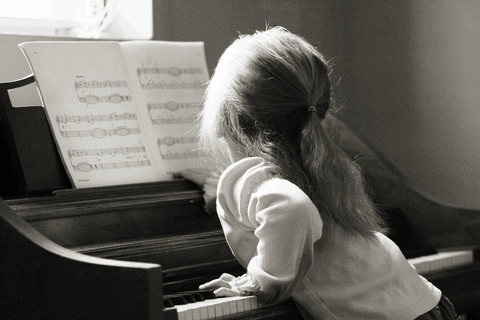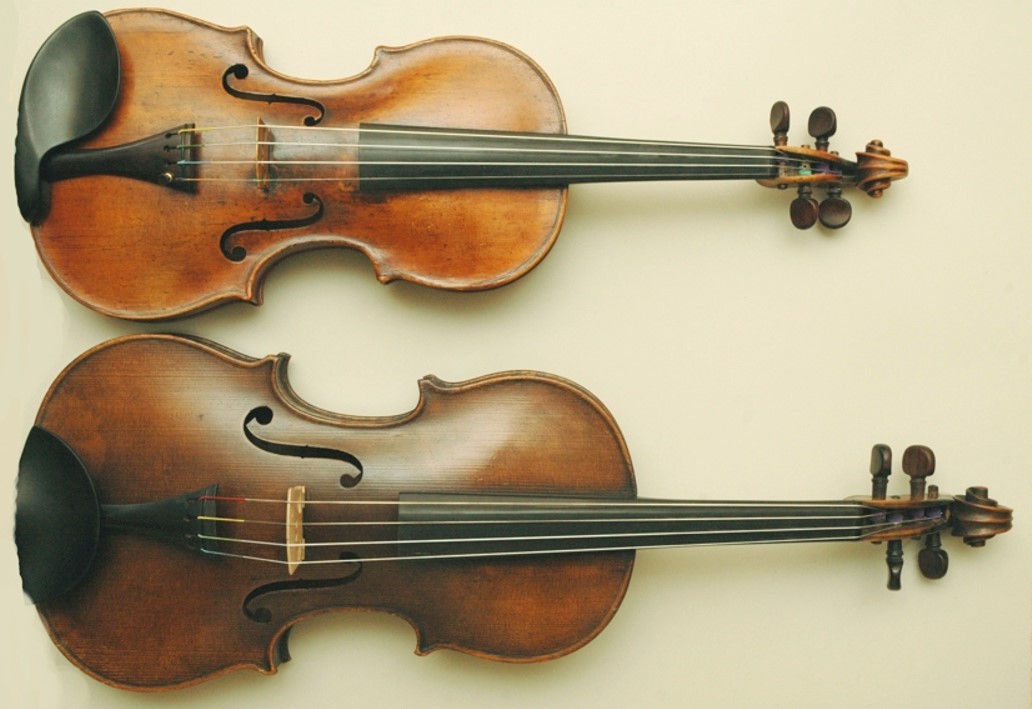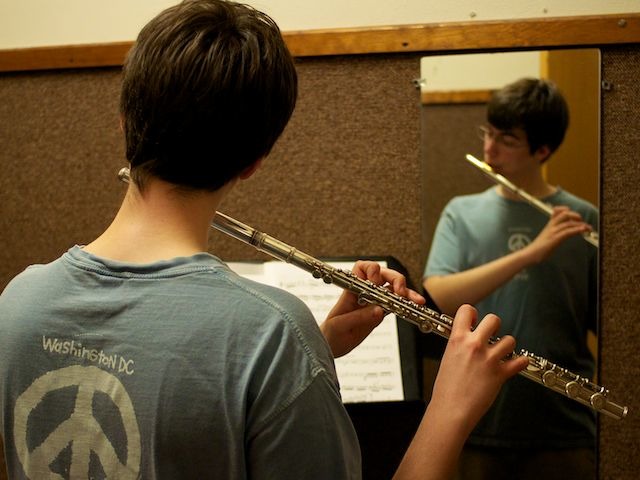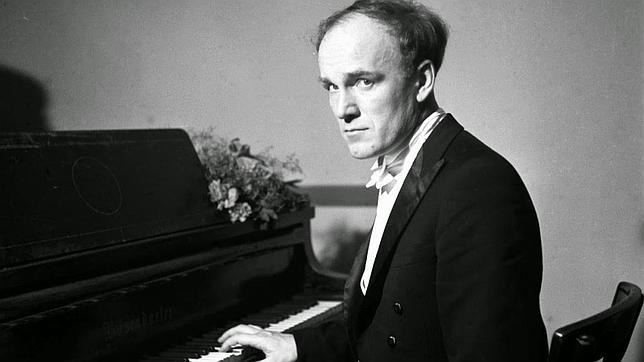Were Your Childhood Music Lessons Fun? If you, like me, had piano lessons as a child, I expect there were rather too many times when you sat at the piano and wondered what this thing called “music” was all about?
Opinion
I play both violin and viola, and I’d never have it any other way. Yes, remaining proficient on both takes more practice time, and yes, it’s more expensive to pay for upkeep on two instruments and bows…but it’s totally worth
We are constantly being reminded of the importance of having “goals” in our lives in order to achieve certain things, from getting fit to winning a half-marathon or setting up a business. We believe that having goals motivates us to
“Practise makes perfect” – that oft-quoted phrase beloved of instrumental teachers the world over…. It’s a neat little mantra, but one that can have serious and potentially long-lasting negative effects if taken too literally. Musicians have to practise. Repetitive, committed
We are all so busy these days! Musicians, by necessity, tend to be busy people – busy practising, performing, creating performing opportunities, meeting and working with colleagues, applying for funding, teaching, preparing lesson plans, doing admin….. The peripatetic nature of
There are many benefits in listening to the repertoire you are working on, on disc and in concert, as well as “listening around” the music – works from the same period by the same composer, and works by his/her contemporaries.
“Practise makes perfect” – that oft-quoted phrase beloved of instrumental teachers the world over… It’s a neat little mantra, but one that can have serious and potentially long-lasting negative effects if taken too literally.
As performing musicians we have to develop a split personality. This somewhat schizophrenic state (or states) of being has to do with our need to understand and appreciate the difference between practising and performing. The most visible way in which








